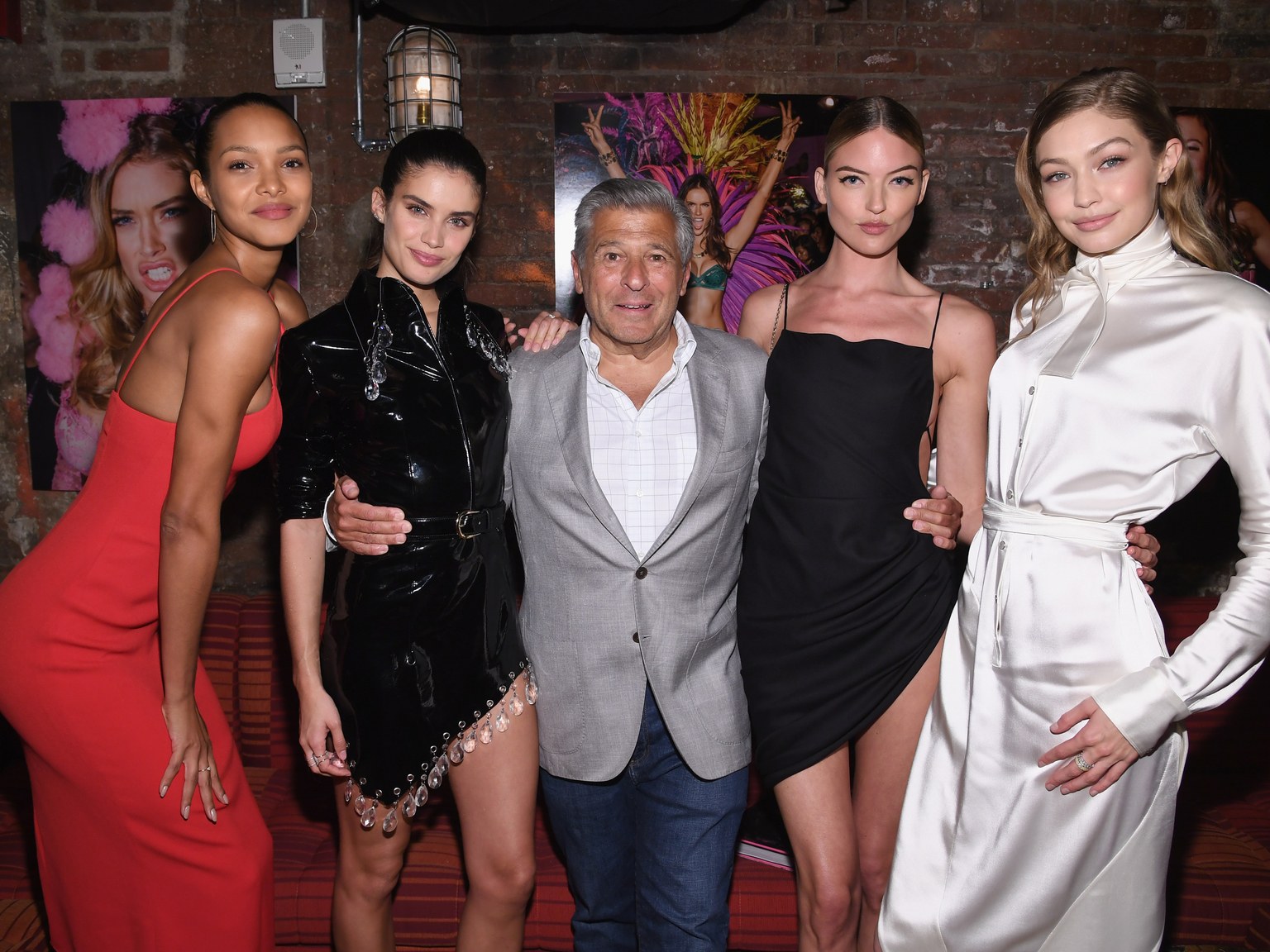Victoria’s Secret – we’ve all heard of her, and we’ve all thought about splashing some serious cash on her risky underwear which we plan on hiding from our mums for a while. Many young girls dream of looking like a Victoria’s Secret Angel – having their grace, beauty, and figure – so it came as a huge disappointment when creative director Ed Razek announced after the 2018 VS Fashion Show that Victoria’s Secret did not want transgender or plus size models walking for their shows in the future.
In today’s climate, society is thankfully becoming more aware of prejudice, with many fashion brands committing to tackling issues of discrimination this head on. For such a huge, influential fashion brand, Razek’s words were disappointing and, potentially, incredibly damaging. Working out incredibly hard every single day with trainers and nutritionists, these ‘Angels’ are already promoting a highly unattainable ideal, an ideal which us normal folk, who work day to day, could never possibly hope to achieve.
So, when the creators themselves announce that these models are the only figures they want, they exclude a majority of the population, telling us that we are are not ‘desirable’ and that we can’t be sexy, free, or generally modelesque in the process. For young girls, this can easily lead to unhealthy measures taken in order to be just like an ‘Angel’.
What happened to diversity? Victoria’s Secret has been challenged on its diversity on many occasions, but 2018 looked like the year to change that. For the catwalk show, they hired new, inspirational models to make it more diverse, such as Duckie Thot and Winnie Harlow, who has a condition called Vitiligo. To see these new models finally being included was such a big, positive step for the brand.
It now looks as if they were attempting to keep up appearances rather than catering to every person they sell their products to. If they want to sell their products successfully and gain good press, they should be inclusive without question, such as brands like Savage X Fenty, Rihanna’s lingerie line which caters for every woman possible regardless of race, size, gender identification and anything else. With her brand, body positivity – cellulite and all – is non-negotiable.
Ed Razek’s comments were met with some support, with many believing that Victoria’s Secret shows should hold the quality of an ‘unattainable fantasy’. But why should consumers be expected to buy into a company that portrays a ‘fantasy’ they can’t have? If people aren’t represented by the brand, they will feel excluded, no longer a part of the ‘fantasy’ that has rejected them. In the end, the comments that were made and the ideals they represent have the capacity to hurt people. And these damaging results could, in turn, end up hurting the brand’s reputation and sales.
For the sake of the company, some major changes need to be made in order to allow Victoria’s Secret to remain an influential brand with a positive impact. Victoria’s Secret has the power and responsibility to make everyone feel good in their skin, yet they are deciding not to use that power. That just doesn’t sit right with me, and it won’t sit right with today’s society for much longer, either.
Isabella Kemp
Image: W Magazine

